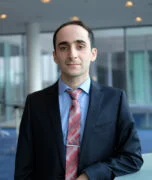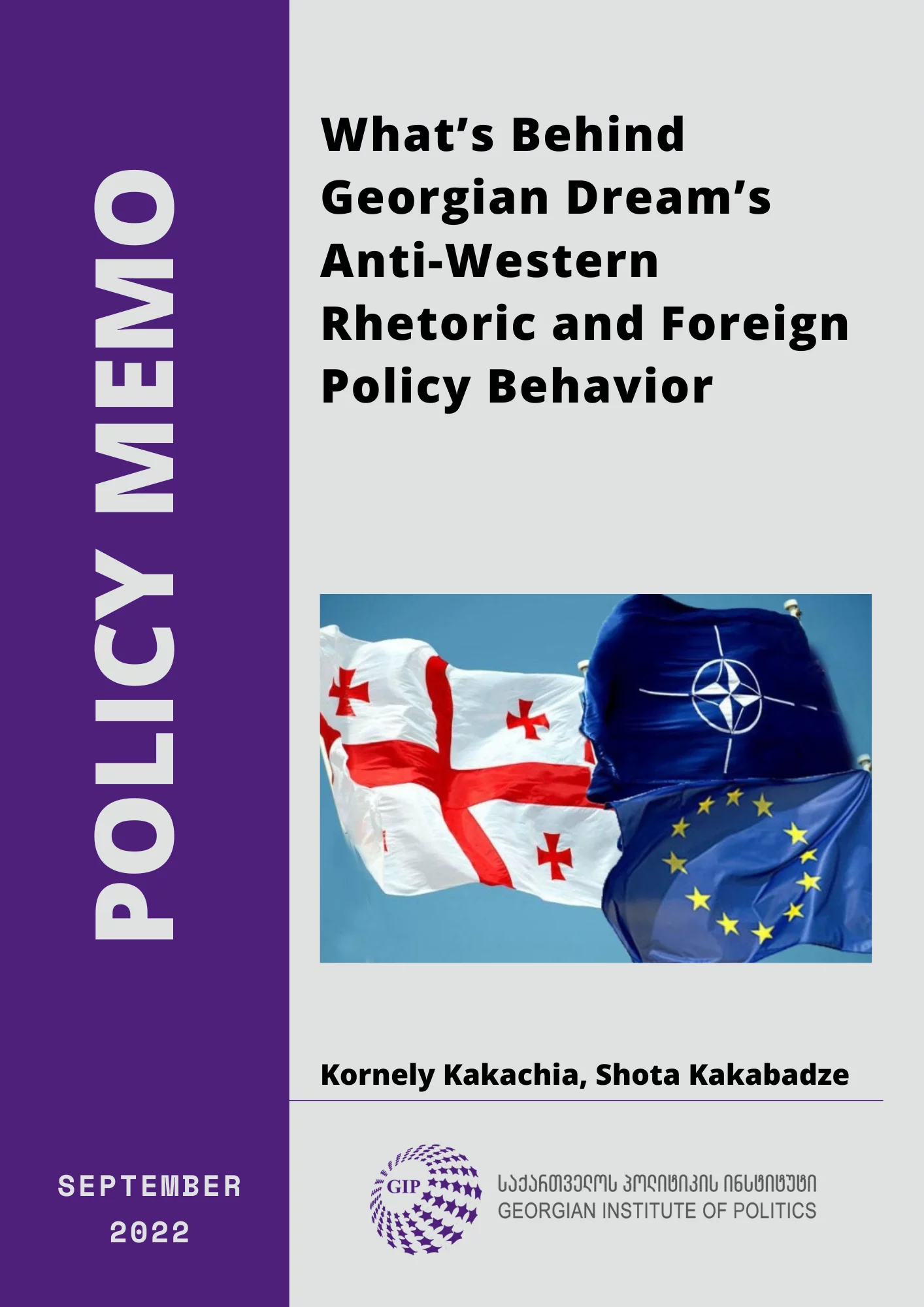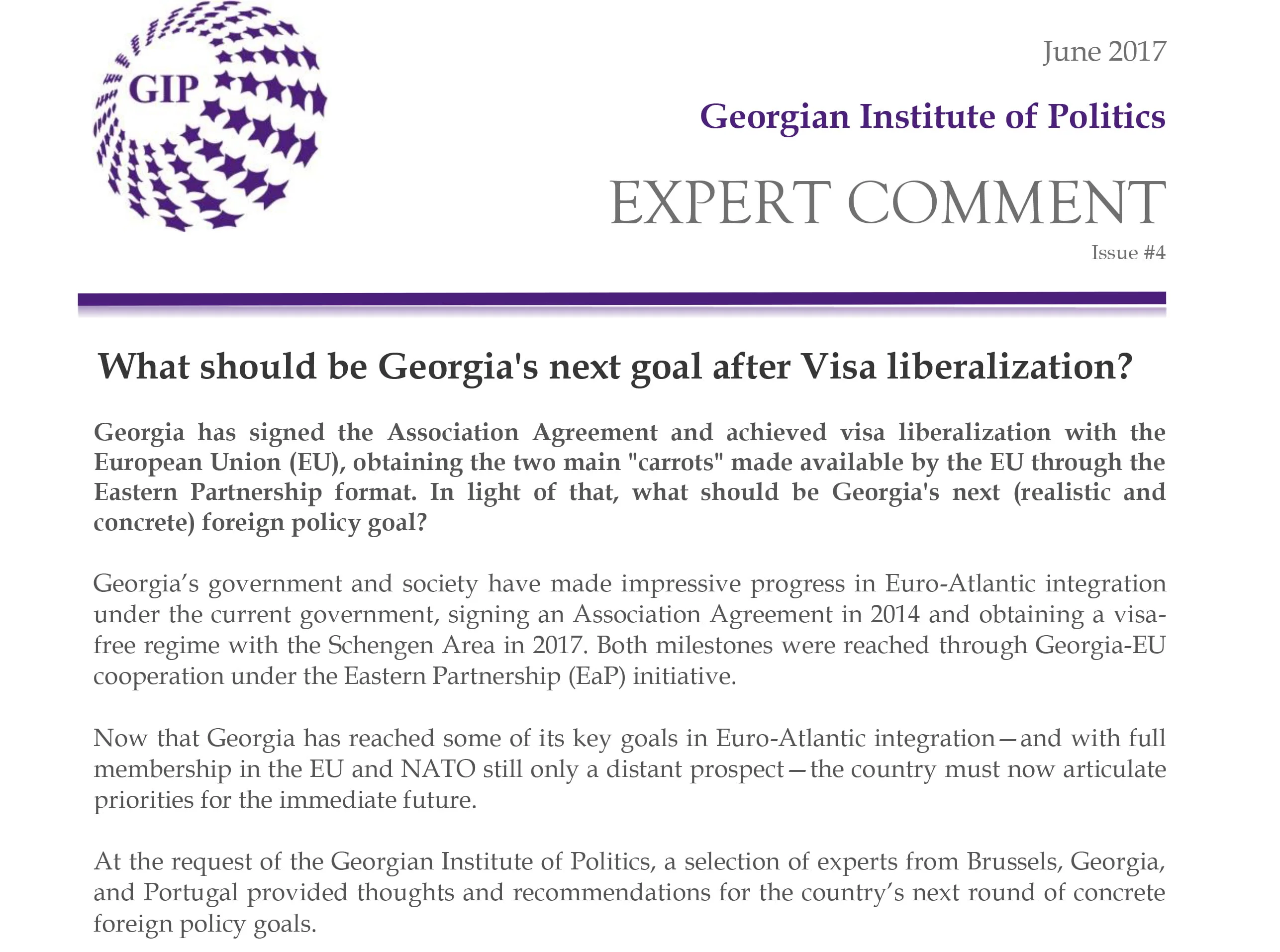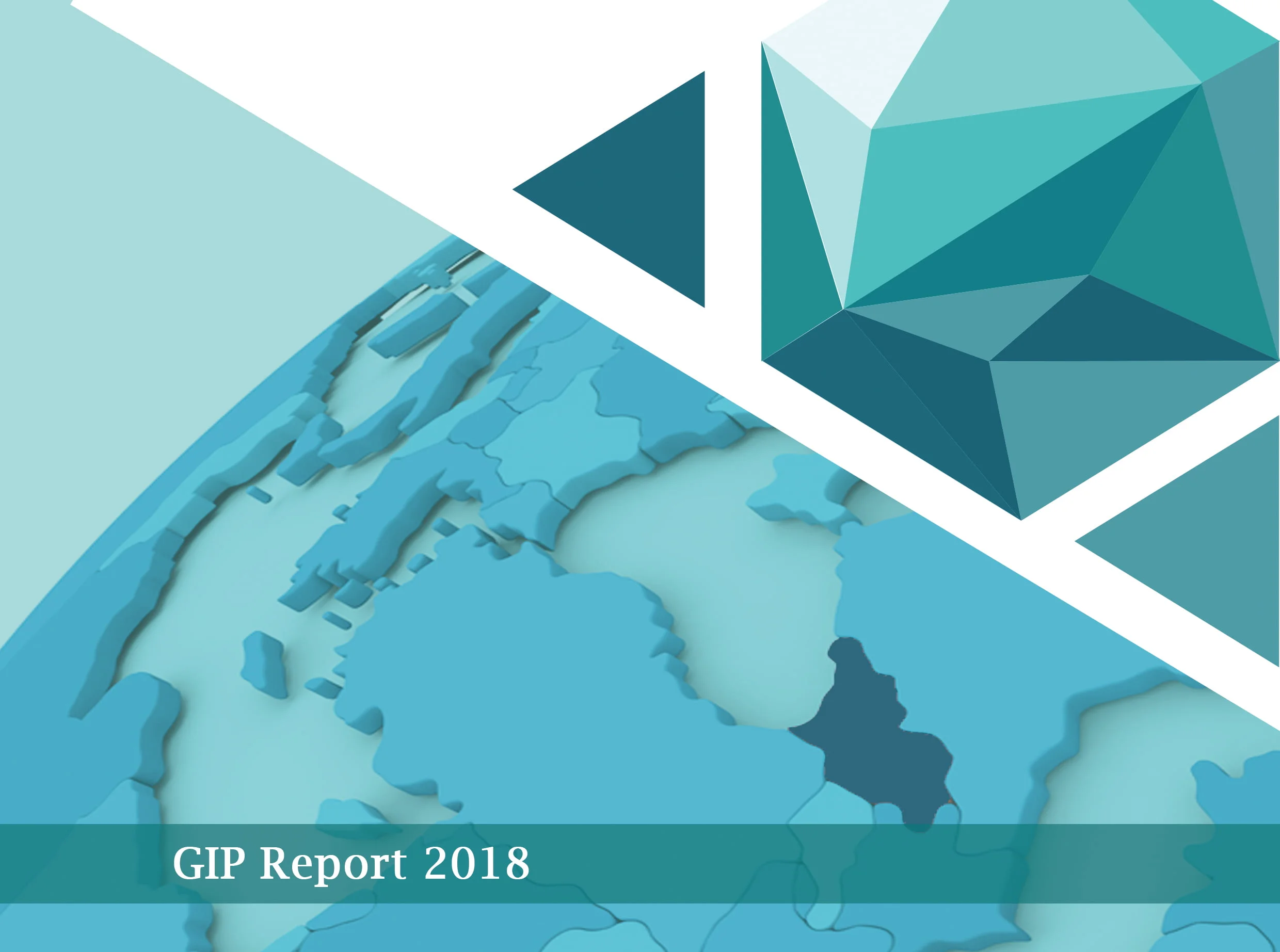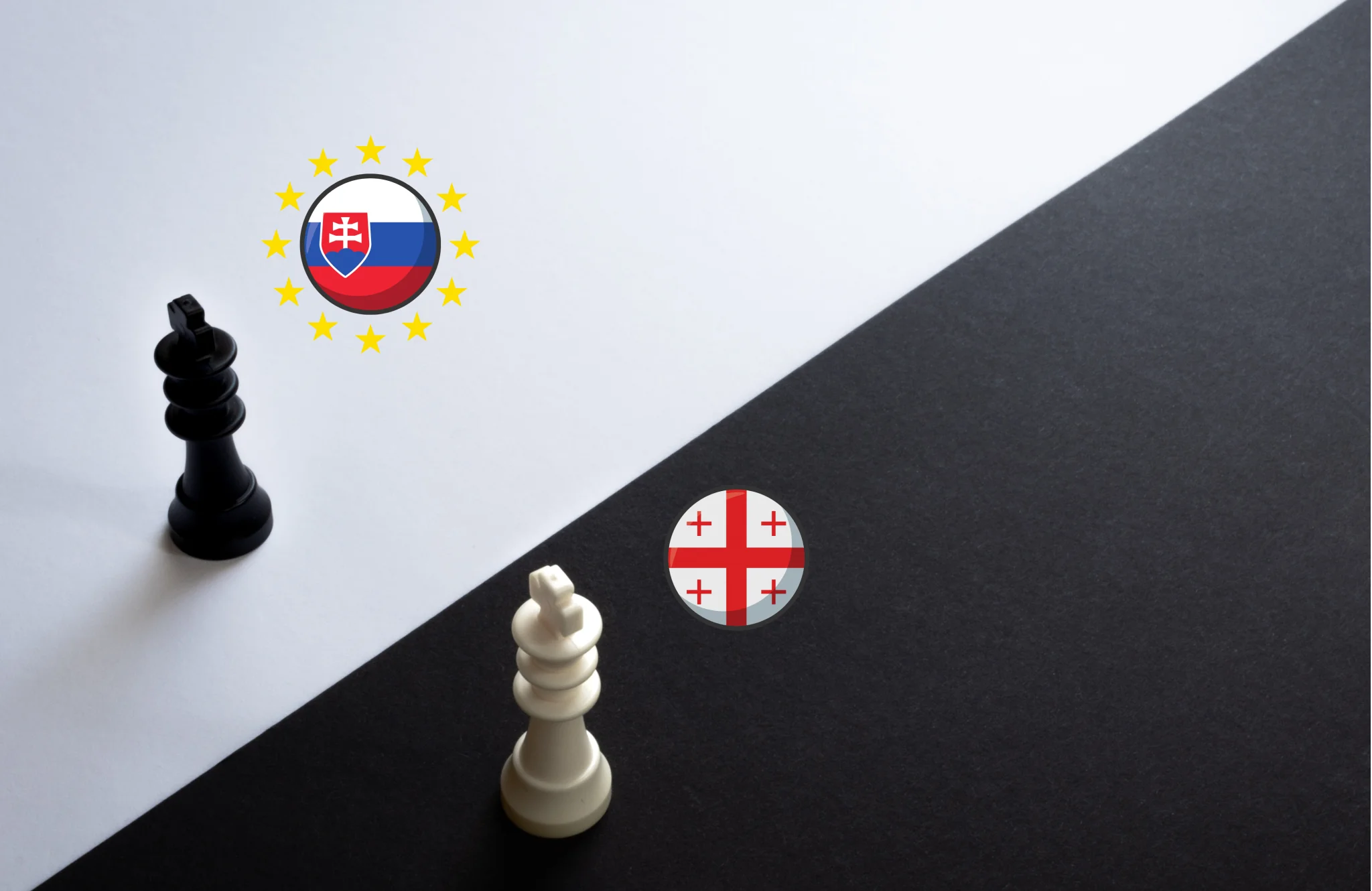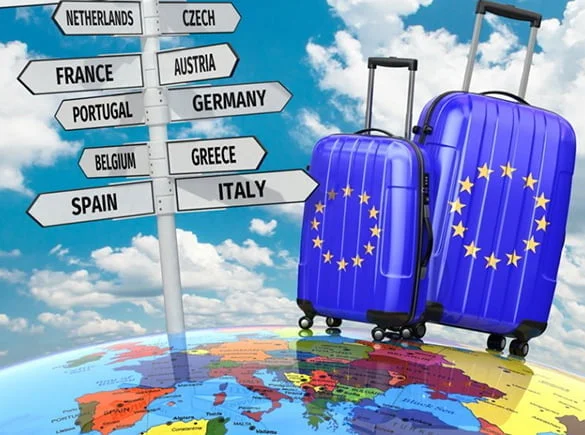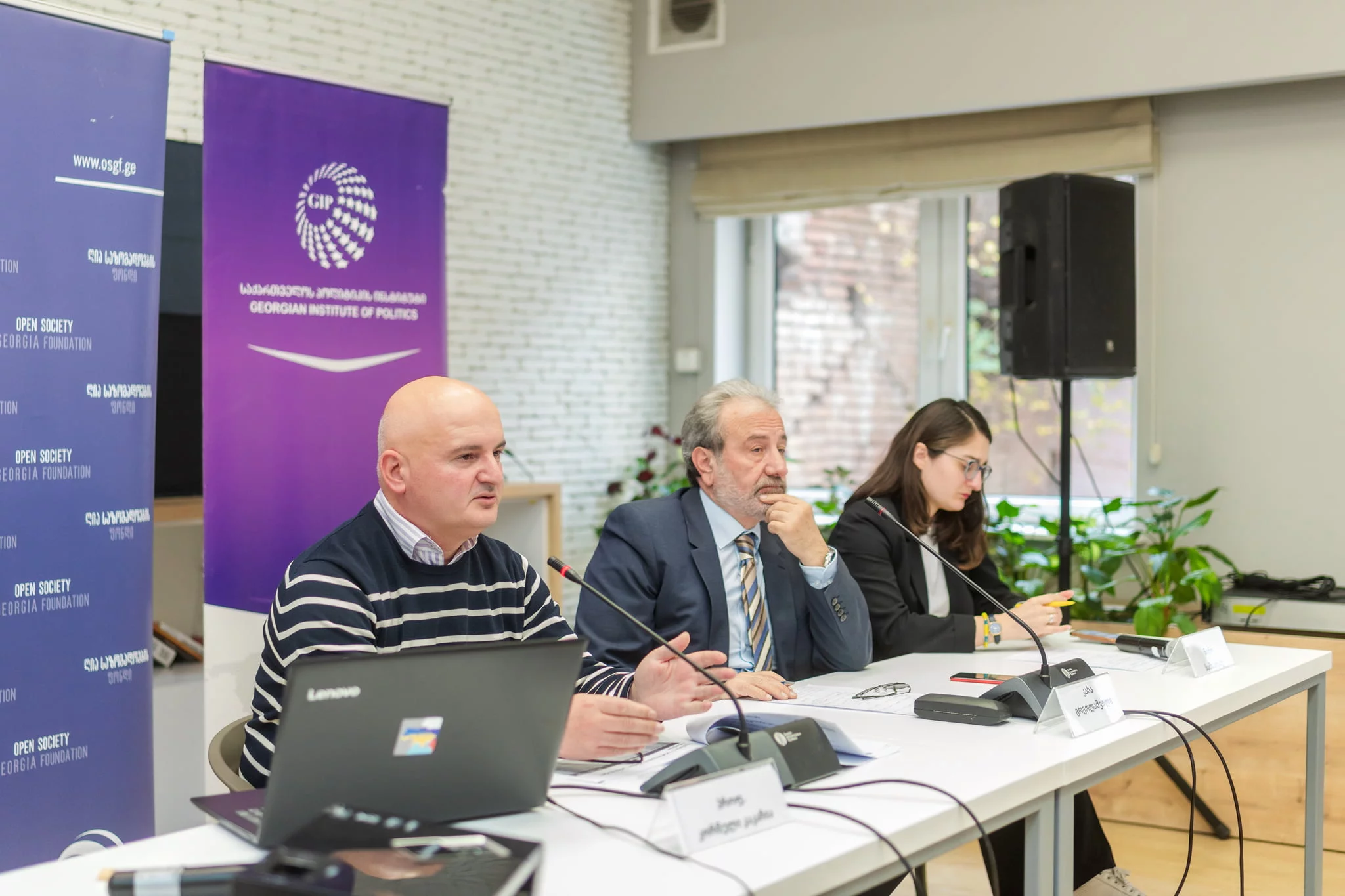2017-12-18 22:05:32
The recent Eastern Partnership (EaP) summit in Brussels highlighted once again the gap between the expectations of the Eastern partners and the European Union. The advanced Eastern partner countries aspire for nothing less than full EU membership – something which the European Council is not ready to offer. Yet, the exclusive focus on the rather distant membership perspective has overshadowed more acute problems: for many, the EaP format itself is considered inherently ineffective undermining of the EU’s soft power in Eastern partner countries. This paper argues that, as a starting point, the EaP could be replaced with new instruments for more flexible integration. This approach would formally acknowledge the multispeed nature of the Eastern neighborhood and allow advanced EaP states to join a polycentric EU system without offering full membership.



